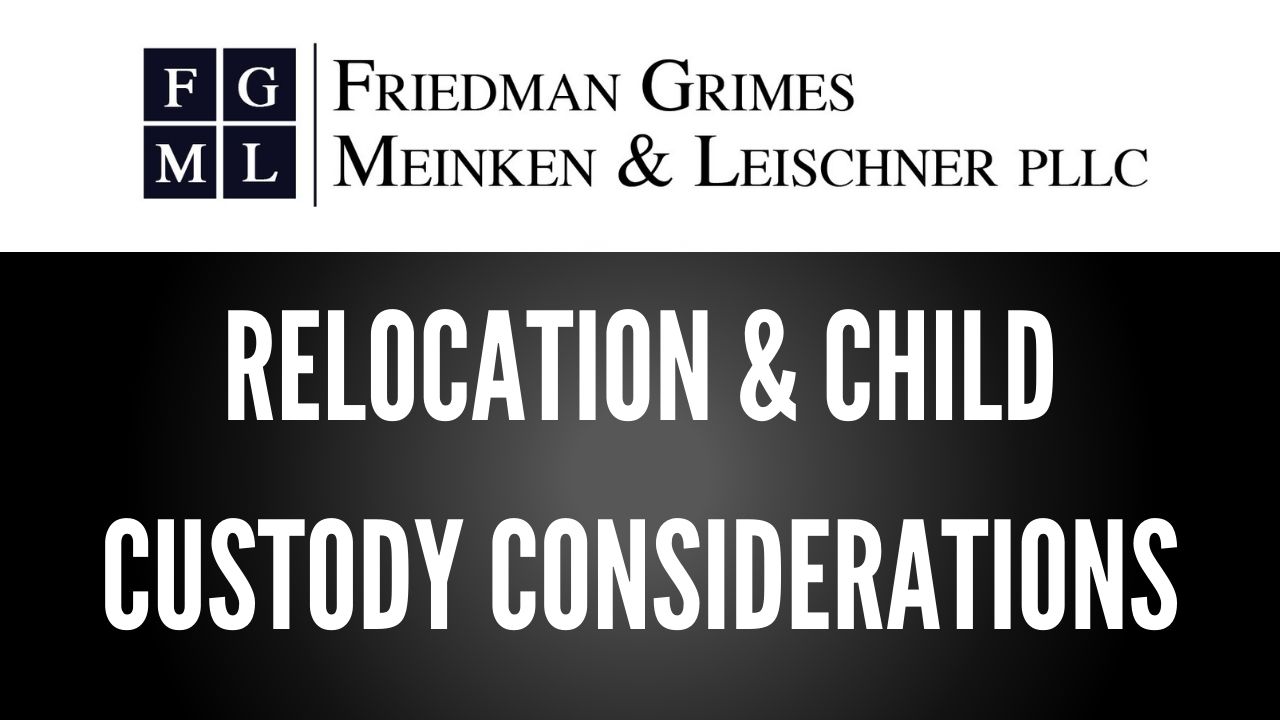Child support is essential for meeting a child’s financial needs after parents separate or divorce. However, life circumstances can change, and the original child support arrangement might no longer reflect your current situation. So, the question becomes: what are the legal requirements to modify child support?
Modifying Child Support
Child support can only be modified through a court order. Once a child support order is in place, it cannot be altered by a verbal agreement or informal arrangement between parents. The only way to officially change child support is through a new court order, which means obtaining a judge’s signature on a new order.
Why a Court Order Matters
Even if both parents agree to change child support payments, the court must approve the modification to ensure it is fair and legally binding. Without a court order, any unpaid child support arrearage remains enforceable. This means that any back payments owed must be paid in full, and the court has no authority to change this.
Ensuring Legal Compliance
At Friedman, Grimes, Meinken & Leischner PLLC, we guide clients through the complex process of modifying child support orders. If your circumstances have changed, it’s important to get legal advice, so your child support arrangement meets your current needs and complies with court requirements.
If you’re thinking about modifying your child support order, contact us today to explore your options and protect your financial interests.
About the Author

Jessica L. Leischner
Jessica L. Leischner is partner with Friedman, Grimes, Meinken & Leischner PLLC. As an accomplished family law attorney, litigator and mediator serving Northern Virginia, Ms. Leischner represents clients in Fairfax County, Alexandria City, Arlington County, Loudoun County, Stafford County, and Prince William County. Ms. Leischner’s practice is exclusively in the area of family law, including divorce, child custody, visitation, child support, spousal support, equitable distribution, settlement agreements, property rights, post-divorce disputes and other family law matters.





